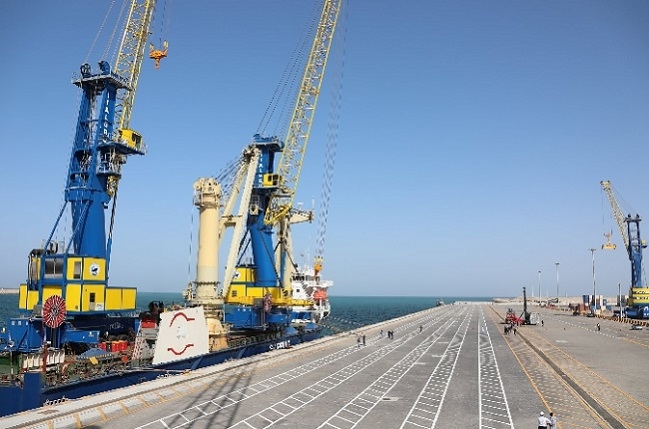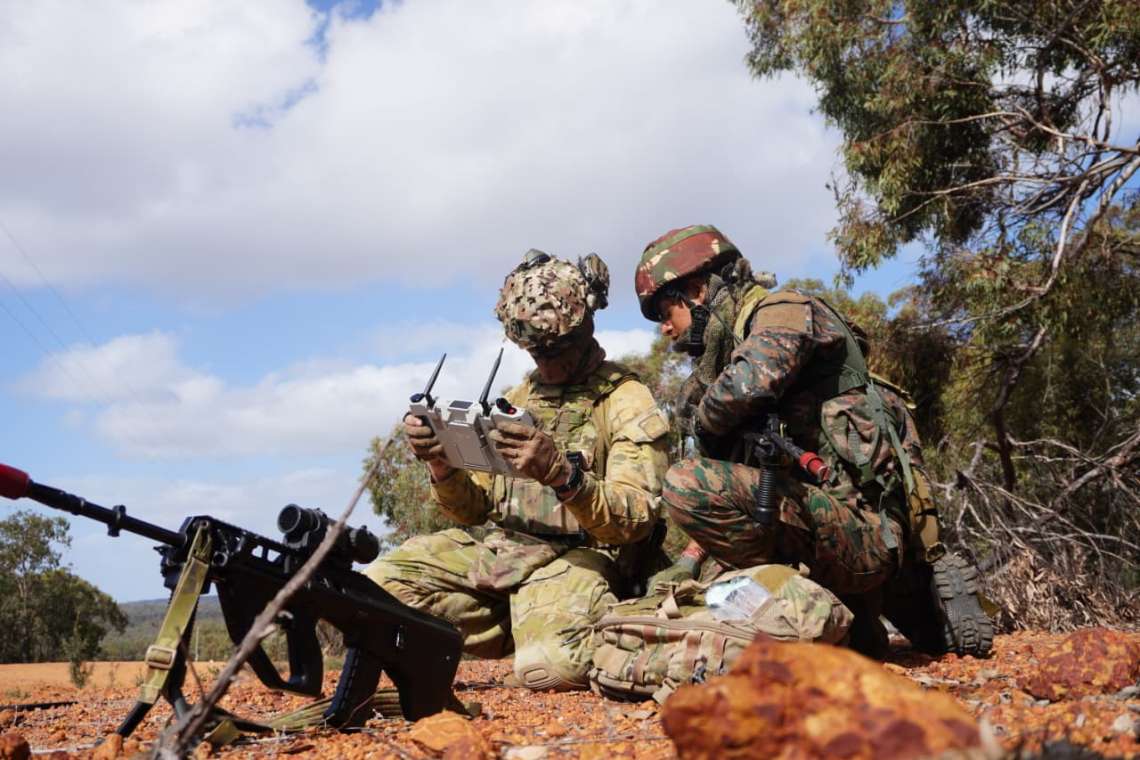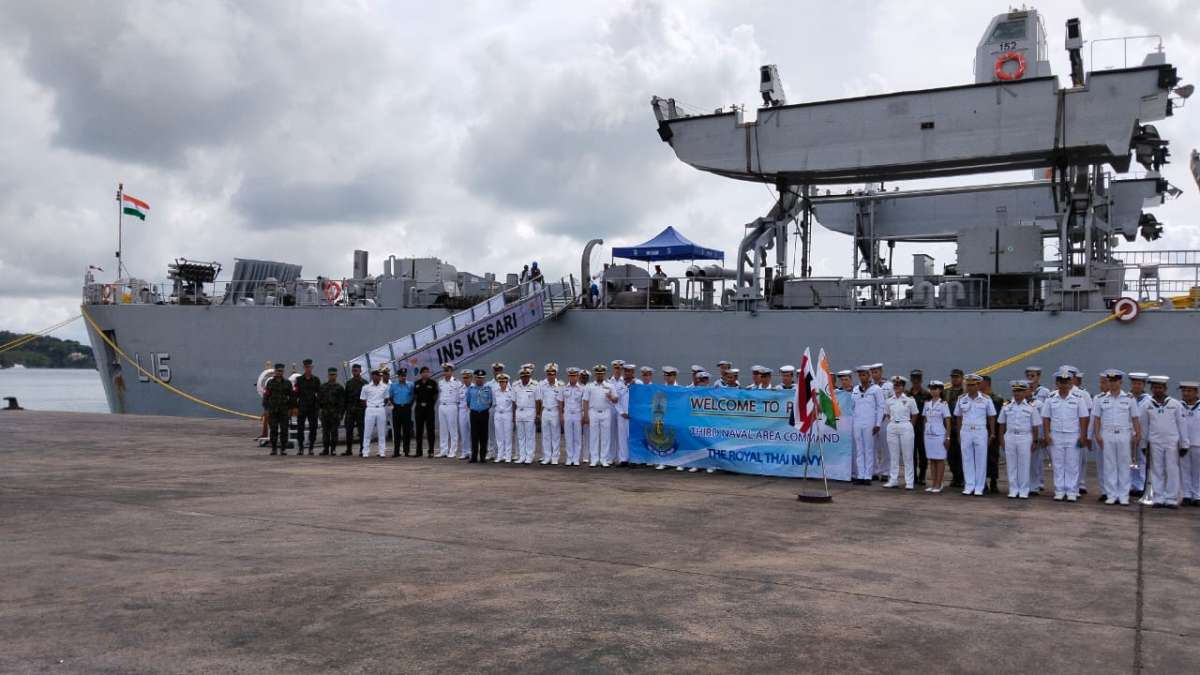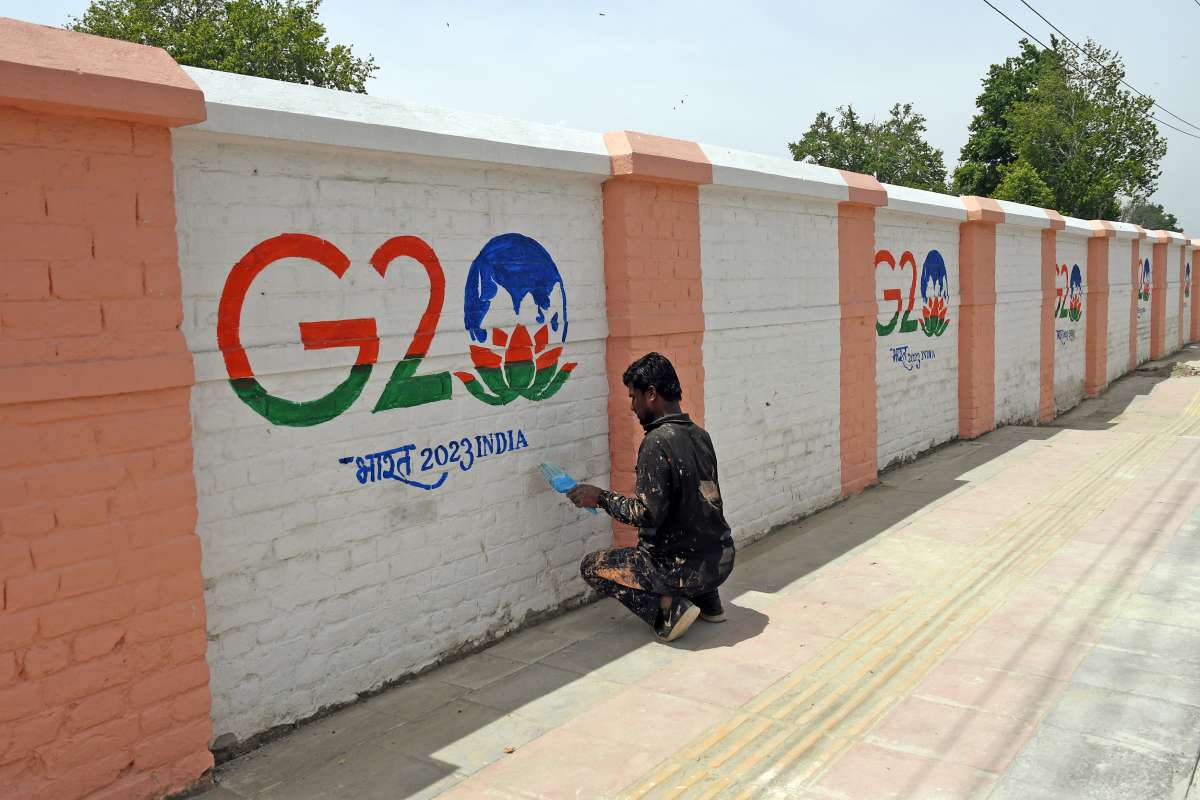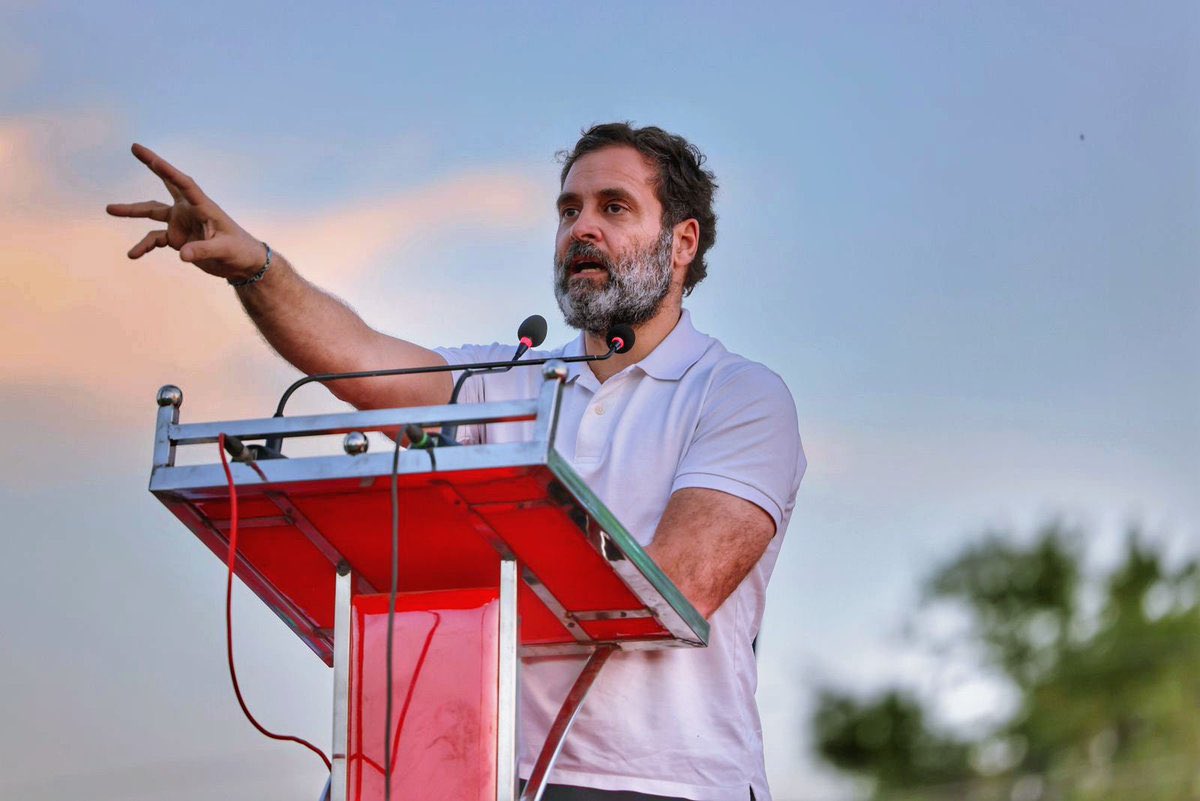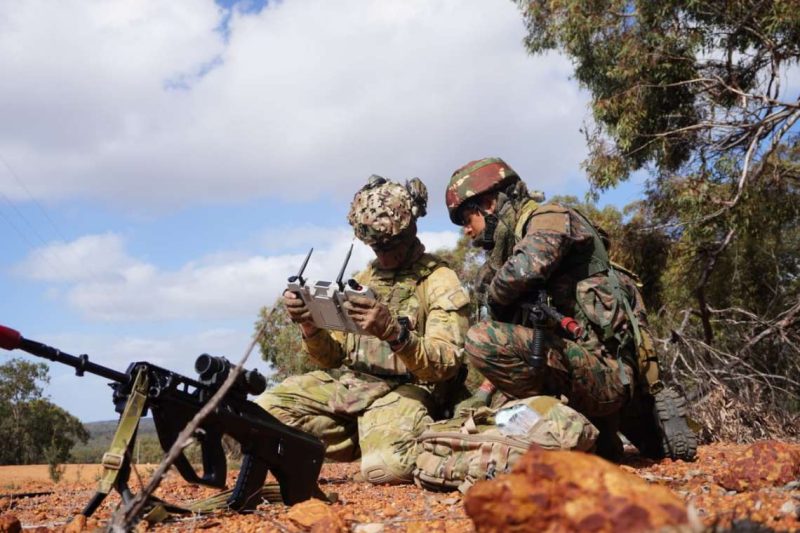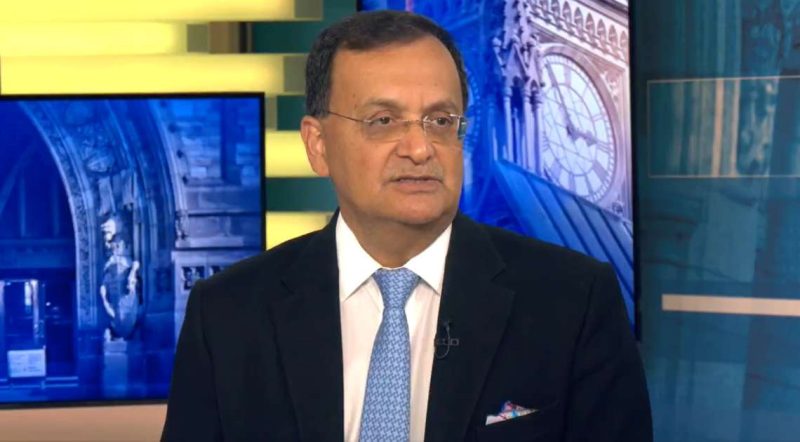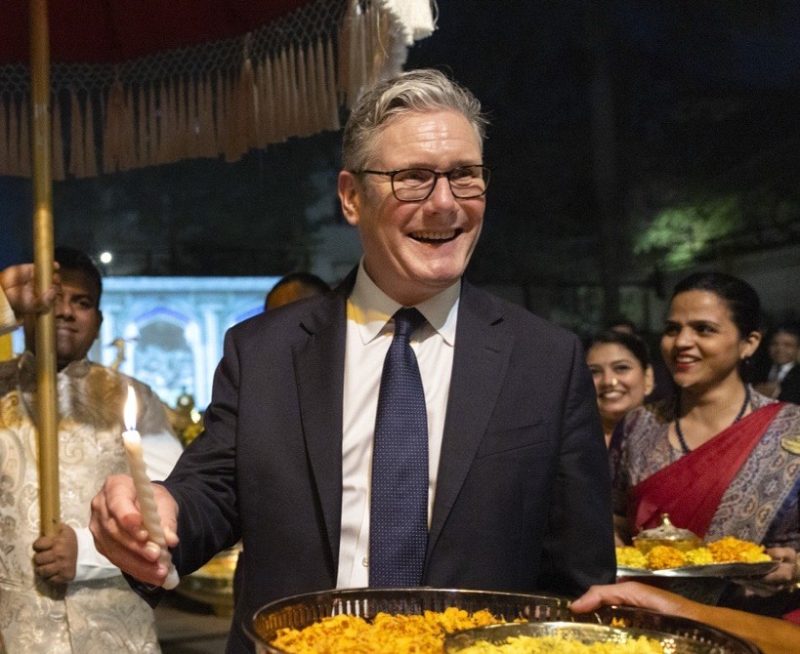Moscow has started to explore alternative trade routes following the US sanctions imposed last year and the INSTC presents an attractive option…reports Asian Lite News
Will the operationalisation of the 7,200 km long International North South Transport Corridor (INSTC) boost India-Iran ties and push trade between the two countries? India and Iran, once close partners, had run into some kind of a patchy terrain after New Delhi stopped oil imports from the Islamic Republic in 2019 following the US led sanctions. However, with the changing geopolitical dynamics the two nations are now aggressively looking at resetting their ties.
India and Iran, which are keen on developing the strategically located Chabahar Port as a transshipment hub and connecting it to the multi-modal transportation route are now rechalking economic engagements. The port lies close to some of the busiest trade routes in the world.
Moscow has started to explore alternative trade routes following the US sanctions imposed last year and the INSTC presents an attractive option. According to India Briefing, this could inadvertently lead to increased trade between India and Iran and bring Moscow and New Delhi closer in implementing long-standing Eurasian projects amid China’s rapid moves enhancing economic dealings with Tehran.
Meanwhile, Russian Deputy Prime Minister Alexander Novak is expected to reach Iran today. Novak is expected to meet Iranian Petroleum Minister Javad Owji and Central Bank Governor Mohammad-Reza Farzin. The issue of enhancing connectivity may come up as well in the discussions. Russian Central Bank Governor Elvira Nabiullina is also likely to visit Iran with the aim of boosting trade between Moscow and Tehran.
“In all these engagements between India, Russia and Iran, the INSTC is a binding factor. All the stakeholders will look to cash in on the new route,” an analyst said.
India’s concerns are also growing as Iran and China deepen ties. “Beijing’s plan to expand its maritime trade network and gain access to shipping routes has created a clash with India’s aspirations,” India Briefing said. India’s growing ties with the US has also impacted New Delhi’s relations with Tehran. The INSTC provides a mega connectivity platform to India to counter China’s Belt and Road Initiative (BRI).
Notably, National Security Advisor Ajit Doval paid a visit to Tehran earlier this month and met Iranian President Ebrahim Raisi. Raisi underlined the need to take India-Iran ties to a “new level” especially with a focus on economic and commercial engagements. The Iranian President also said that multilateral fora like the BRICS (Brazil-Russia-India-China-South Africa) bloc and the Shanghai Cooperation Organisation will be effective to deal with many issues. Iran has also been accorded the status of a full member of the SCO in India.
“Doval then stressed on the necessity of putting in place a roadmap of cooperation between the two nations within the framework of a long-term partnership,” the Iranian foreign ministry in a statement said.
Sources also said that India may even consider resuming oil imports from Iran. New Delhi is already looking to set up rupee based payments with Iran. “There are issues with the rupee trade but we are working on those. It may take time in resolving those issues but work is on and the mechanism once established will not just be linked to sanctions,” a senior government official told India Narrative.
The India Briefing note also pointed out that New Delhi and Tehran are not geopolitical rivals, despite occasional challenges in their bilateral relations. “In fact, their economic and geopolitical interests align in many areas, particularly in transit, energy, and commerce,” it said adding that as a member state of BRICS and the SCO, India is critical to Iran not only in terms of trade, investment, and security, but also in Tehran’s broader vision of advancing a multipolar world order with its pivot to the East.
India has been focusing on boosting connectivity not just within the country but even outside. The INSTC is definitely part of India’s international strategy of countering the Belt and Road Initiative, Trends Research and Advisory said.
ALSO READ-Iran, Saudi hold talks on facilitating Haj pilgrimage


